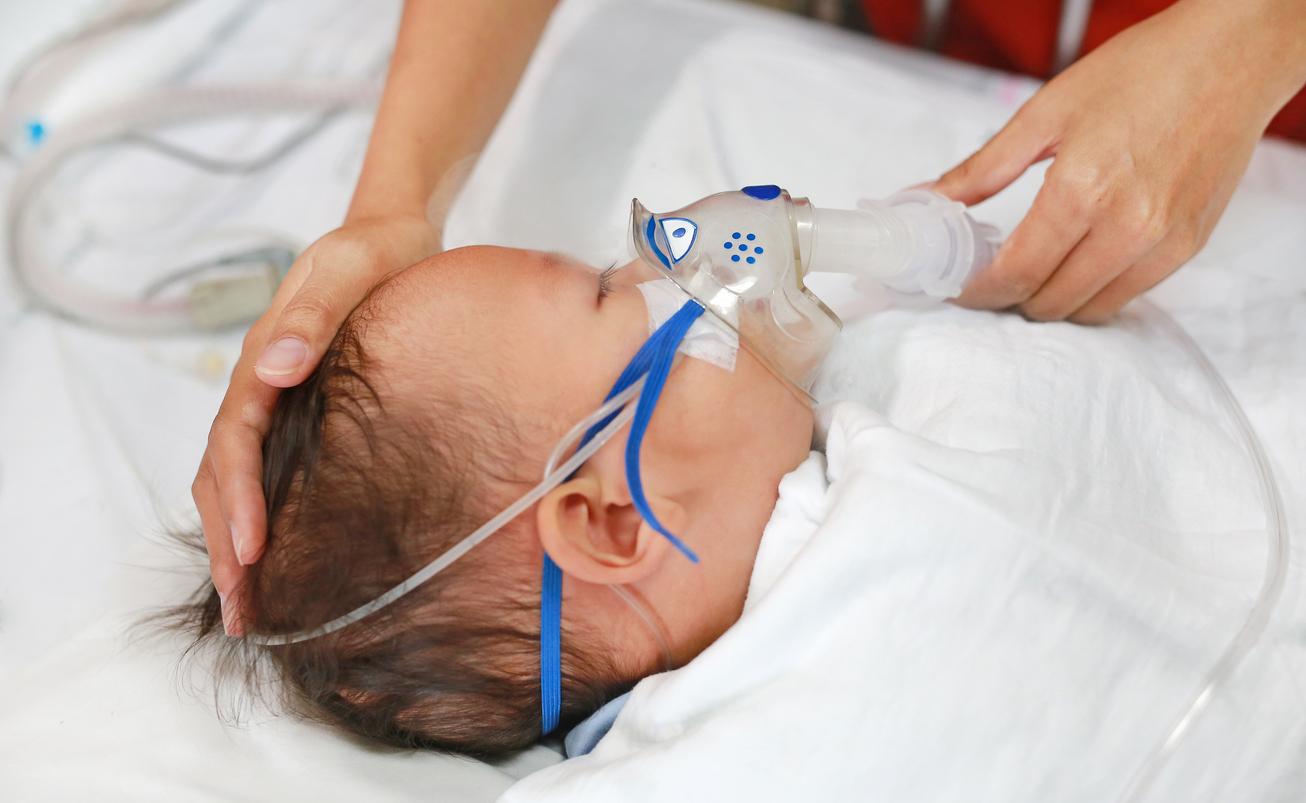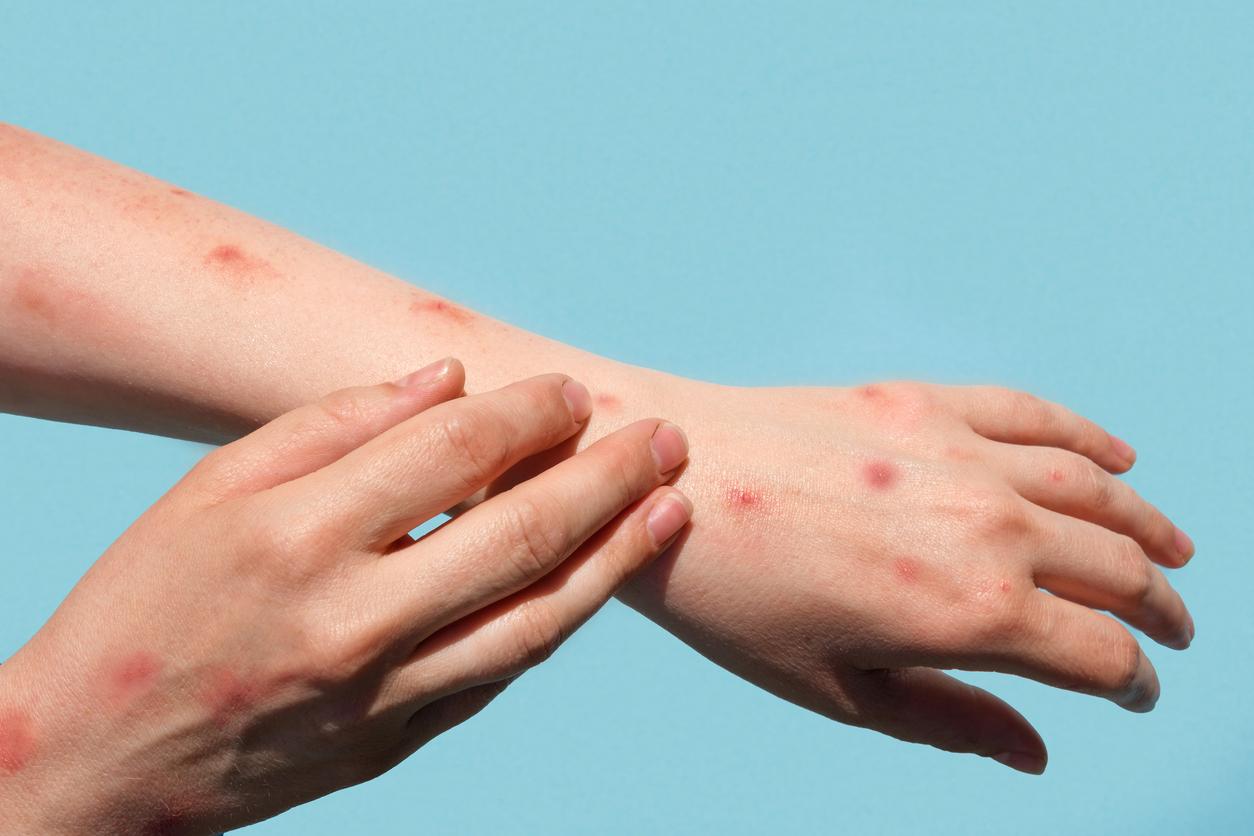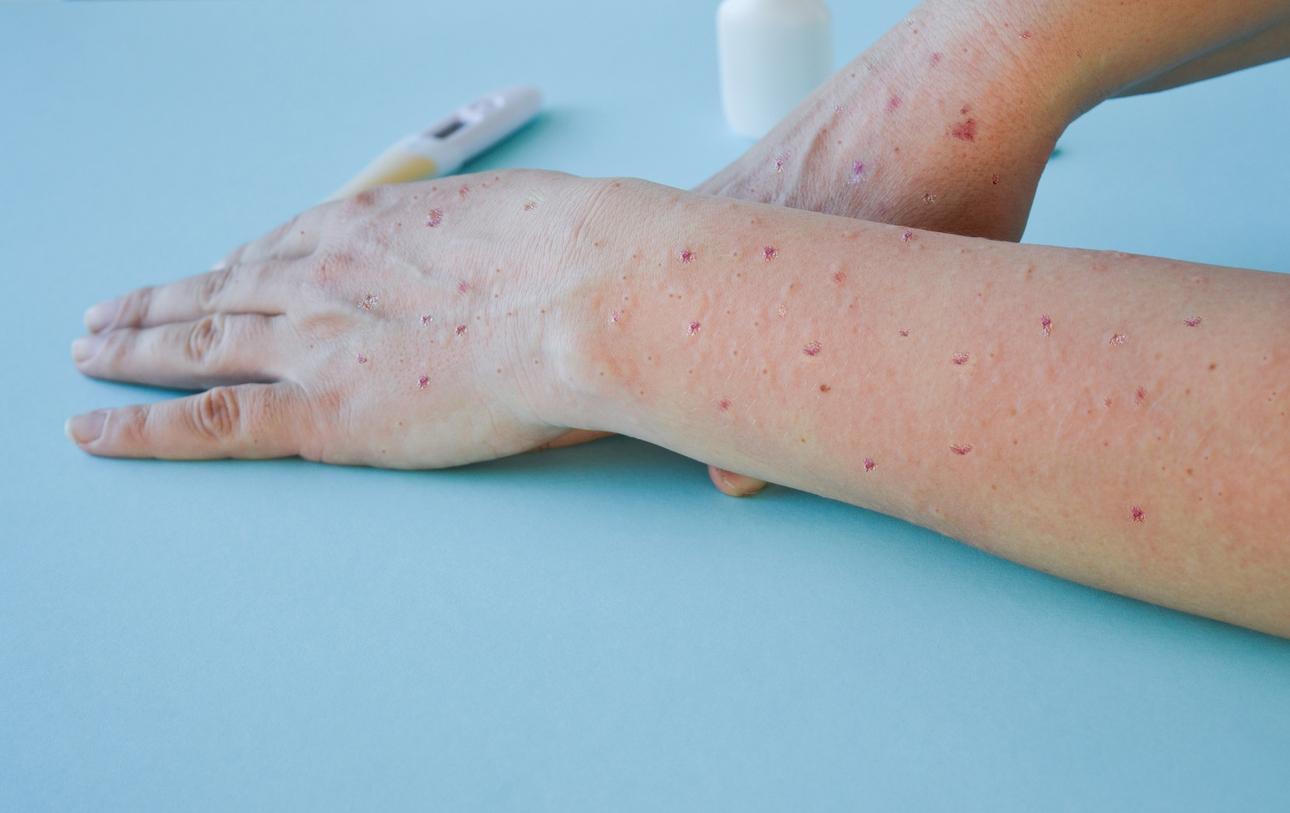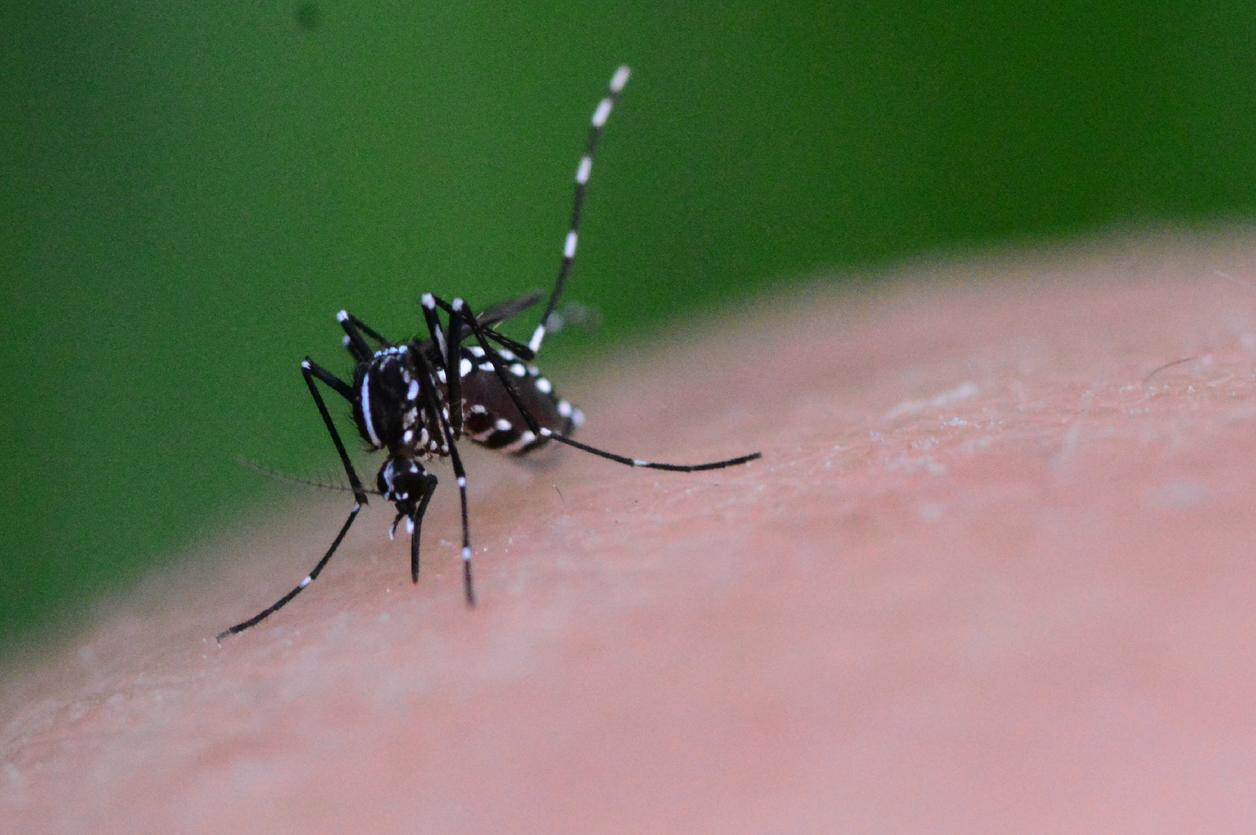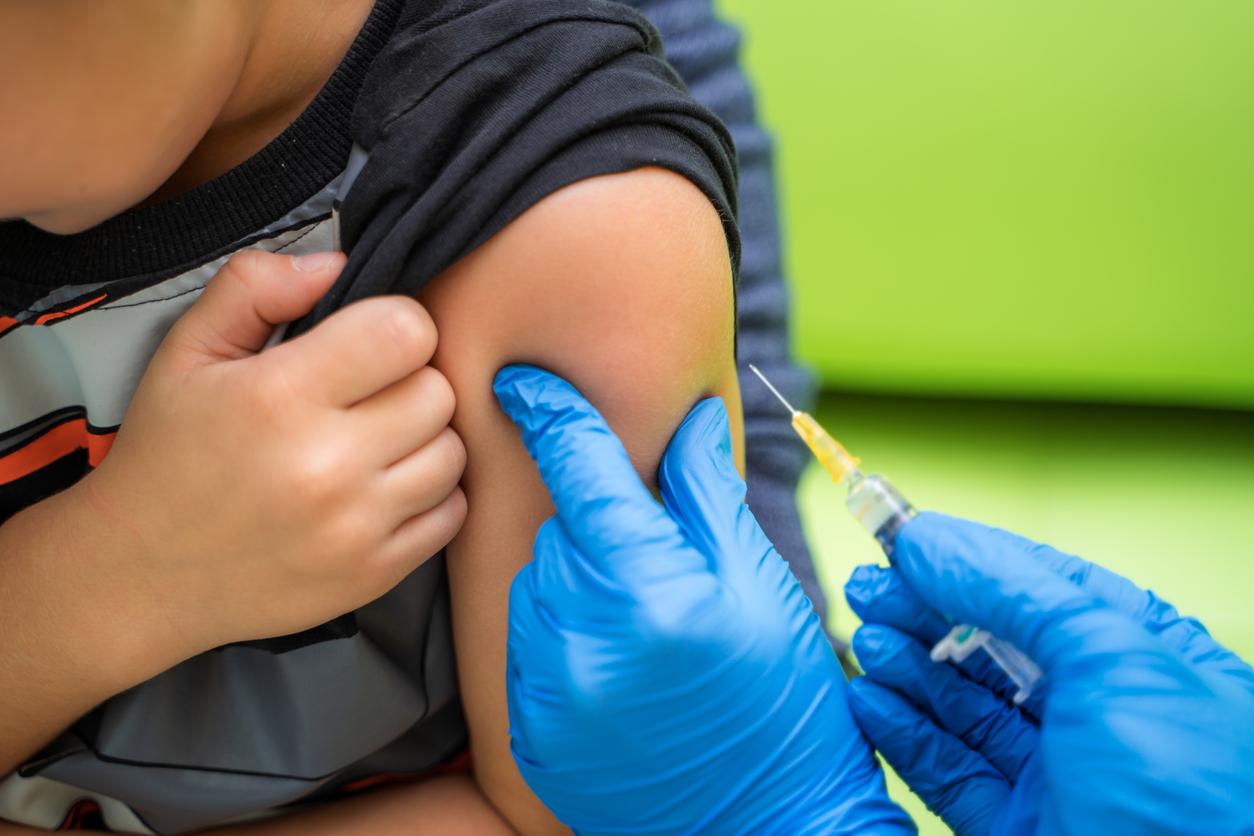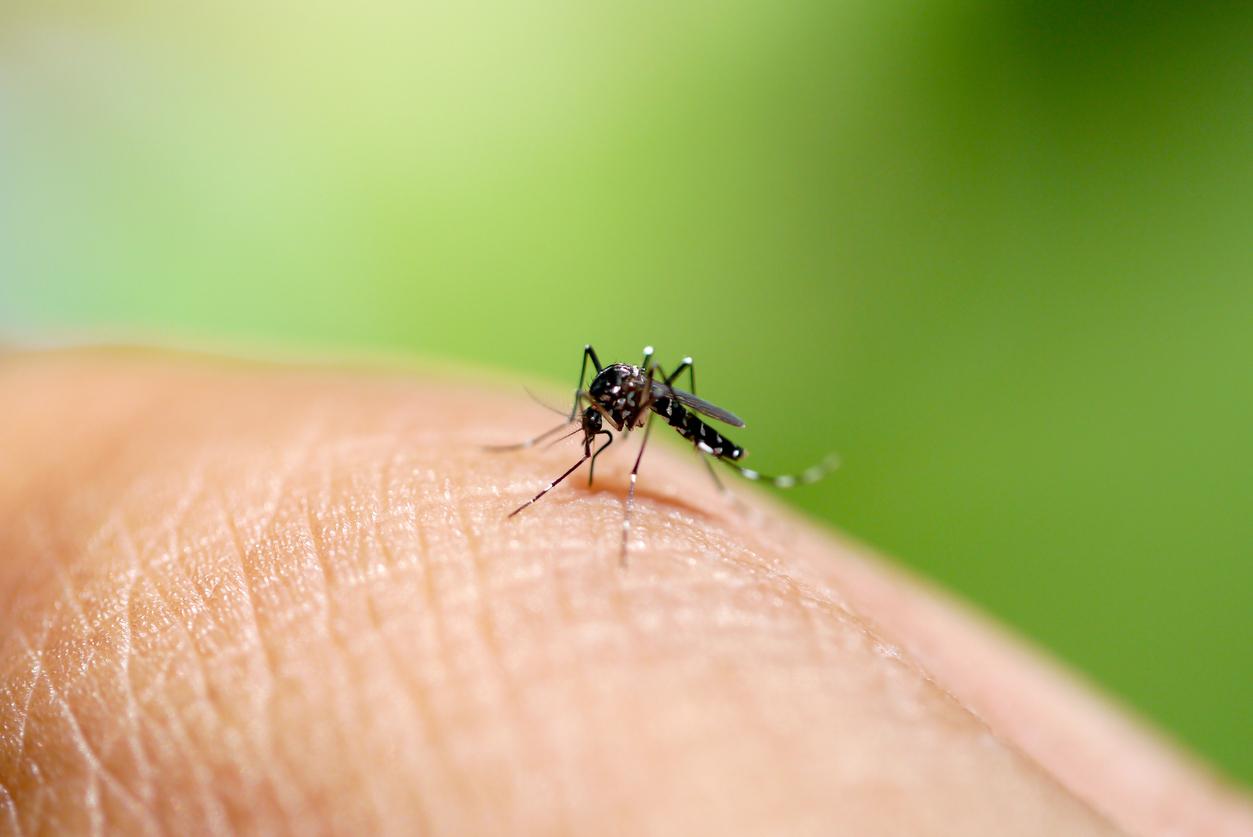Considered discriminatory and stigmatizing, the name of the epidemic of “monkey pox”, an infectious disease, will be replaced by the term “mpox”.
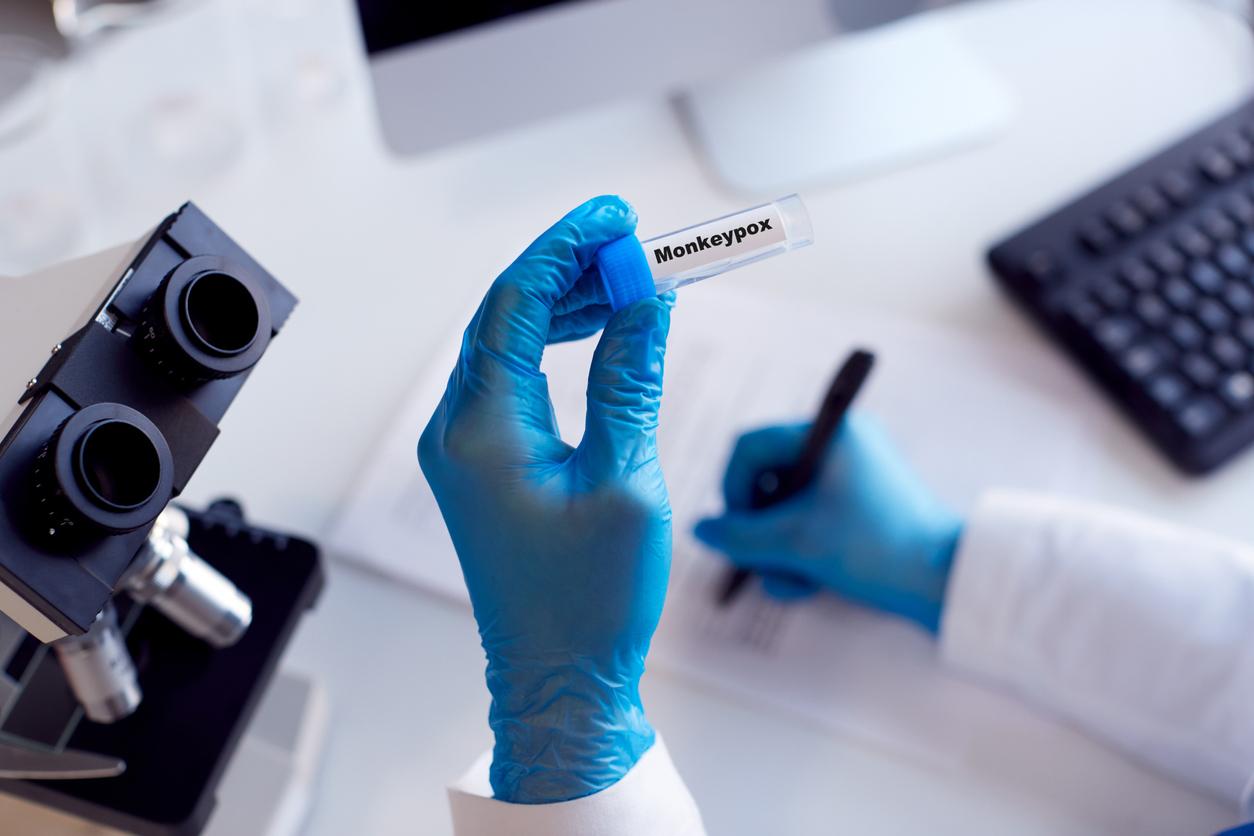
- To date, more than 80,000 cases have been reported in dozens of countries that had previously not reported the smallpox-related disease.
- This pathology was first called “monkey pox” in 1958.
- In Africa, it mainly affects people in contact with infected animals, such as rodents and squirrels.
In August, the World Health Organization (WHO) announced that the names of strains of monkeypox (monkeypox) would be changed. Since this summer, Roman numerals have been used to talk about its variants. “A consensus has been reached to designate the former Congo Basin (Central Africa) clade as clade one (I) and the former West African clade as clade two (II). (…) Newly identified viruses, related diseases and virus variants should be named in a way that does not offend any cultural, social, national, regional, occupational or ethnic groups.” she wrote in a statement.
Monkeypox is now called “mpox”
On November 28, the health authority decided to go further and rename the name of this infectious pathology after the request of several countries. She expressed concern about “racist and stigmatizing comments online” when the virus started to spread. From now on, the WHO will use and favor the term “mpox” to talk about monkeypox.
“The two names will be used concurrently for a year, but the name ‘monkeypox’ will be phased out. This helps alleviate concerns raised by experts about confusion caused by a name change in the midst of a global outbreak. It also gives time to update posts.” said the health authority in a statement.
“Mpox”: a term used in all languages
As a reminder, the WHO is responsible for assigning names to new diseases and “very exceptionally” hasux existing conditions. “Usually, the update process can take up to several years. In this case, the process has been accelerated, while respecting the standard steps”, she added.
The term “mpox” can be used in all languages. “If other naming issues arise, they will be handled through the same mechanism. Translations are usually discussed in conjunction with the relevant government authorities and relevant scientific societies,” clarified the WHO, which encourages following these recommendations to minimize any negative impact of the current name on trade, travel, tourism or animal welfare.









